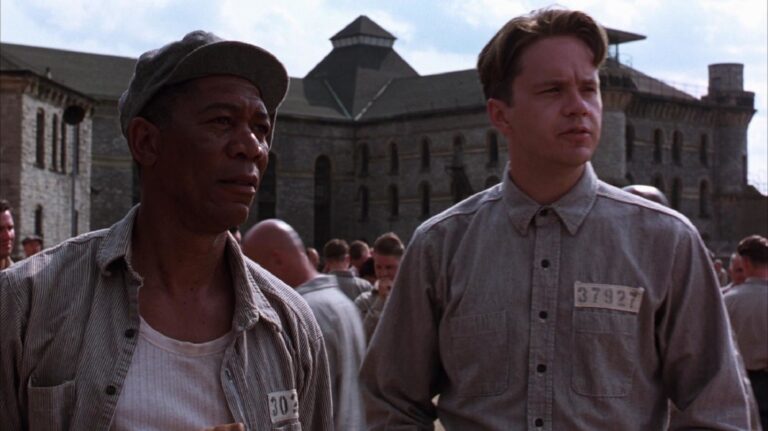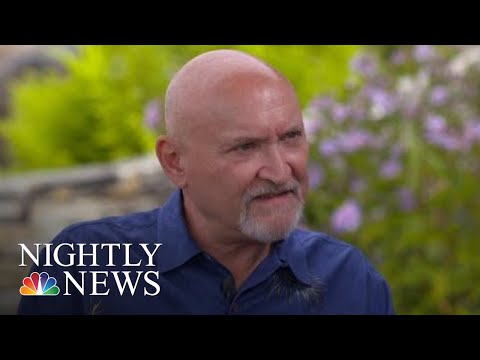In the world of cinema, few behind-the-scenes tales are as intriguing as those involving potential collaborations that never came to be. One such instance is the tale of Frank Darabont, the acclaimed director and writer of The Shawshank Redemption, and his brush with the Star Wars universe. This story not only highlights the complexities of Hollywood negotiations but also showcases the deep-seated loyalties and ethical standpoints that govern decision-making in the film industry.
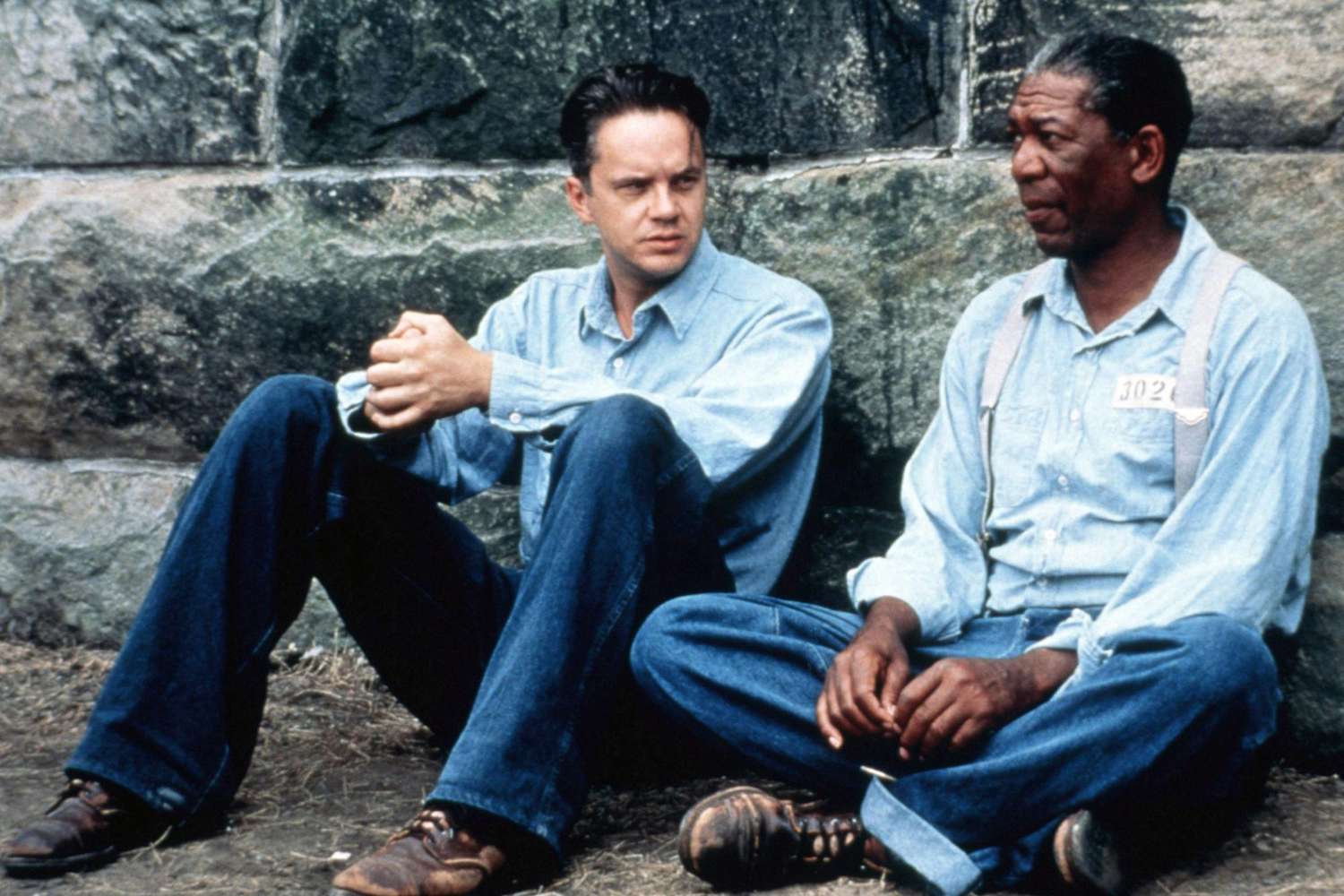
The Offer from a Galaxy Far, Far Away
It began when George Lucas, the creator of Star Wars, recognized his own limitations in scriptwriting, particularly dialogues. To elevate the first film in the prequel trilogy, Star Wars: Episode I – The Phantom Menace, Lucas reached out to Darabont, known for his poignant and powerful storytelling. Initially, the idea of such a collaboration sparked excitement. However, the negotiations, handled by respective attorneys, soon hit an unforeseen snag.
The Guild Barrier
The deal-breaker emerged when Darabont was informed that Lucasfilm was not a signatory of the Writers Guild of America (WGA). Having been a staunch supporter and member of the WGA, Darabont found himself in a moral and professional quandary. The situation was further complicated by Lucasfilm’s historical tensions with various guilds, stemming from disagreements that began as early as 1980, when Lucas left the Directors Guild of America (DGA), WGA, and the Motion Picture Association over disputes related to the iconic opening crawls of his Star Wars films.
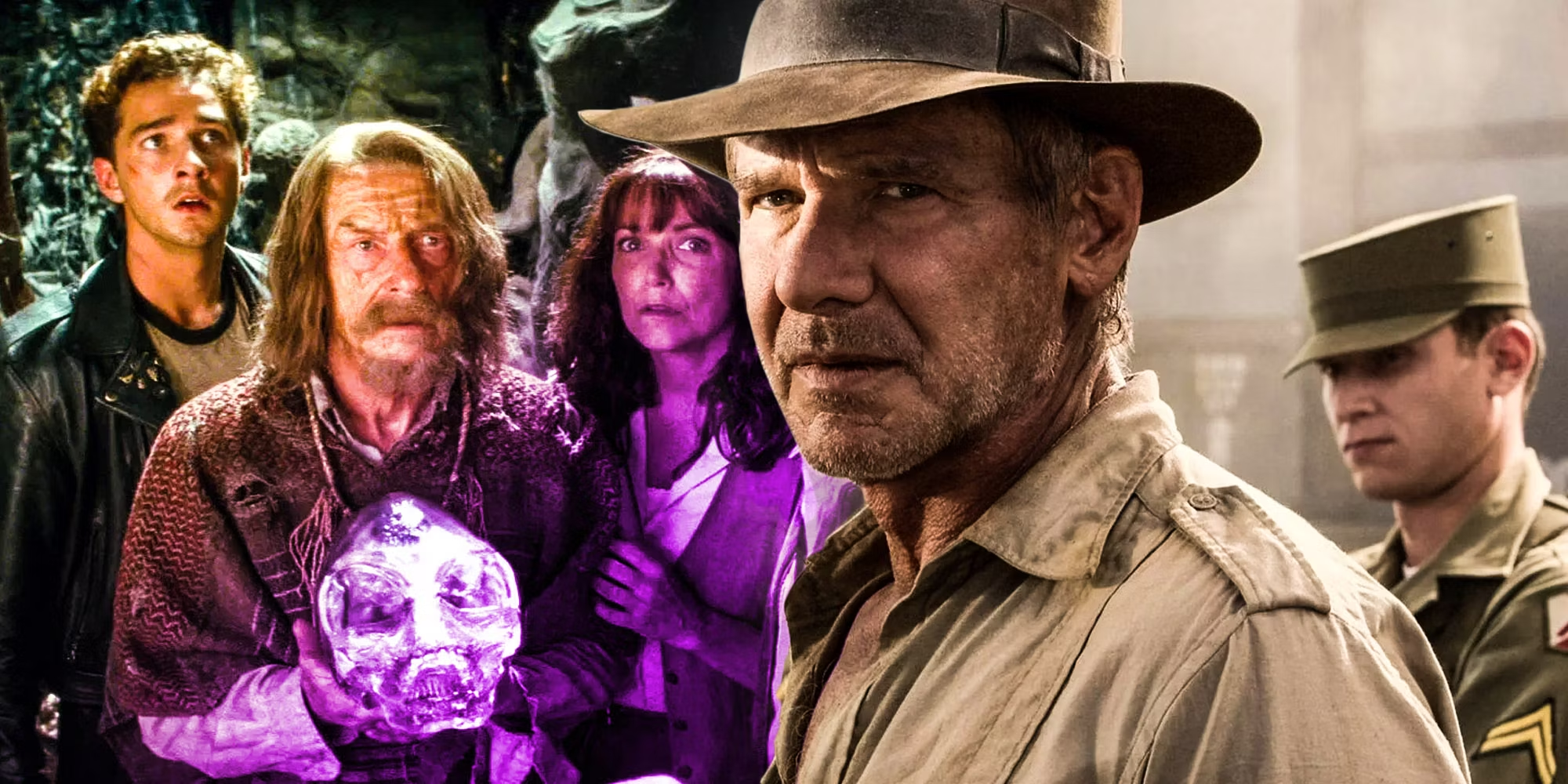
Darabont’s Decision: Loyalty Over Opportunity
Despite the allure of working on a Star Wars film, Darabont could not overlook his guild commitments. His refusal was not just a professional decision but a personal stance on loyalty and ethics in the industry. In an interview with Creative Screenwriting, Darabont expressed his regret over how negotiations ended and clarified the misinformation circulating about his demands for a hefty paycheck, which were false. He emphasized his promise to the WGA, stating:
“I wasn’t ready to risk my position at the WGA and DGA for the sake of a writing assignment.”
George Lucas: A Maverick’s Struggle with the Guilds
On the other side of this negotiation was George Lucas, a filmmaker who had famously navigated Hollywood as an outsider after his split from the guilds. His decision to operate independently was emblematic of his maverick approach to filmmaking, which, while successful, often put him at odds with traditional Hollywood structures. This independence came at a cost, as seen in his inability to secure Darabont’s services and similar issues that prevented Steven Spielberg from directing a Star Wars film.
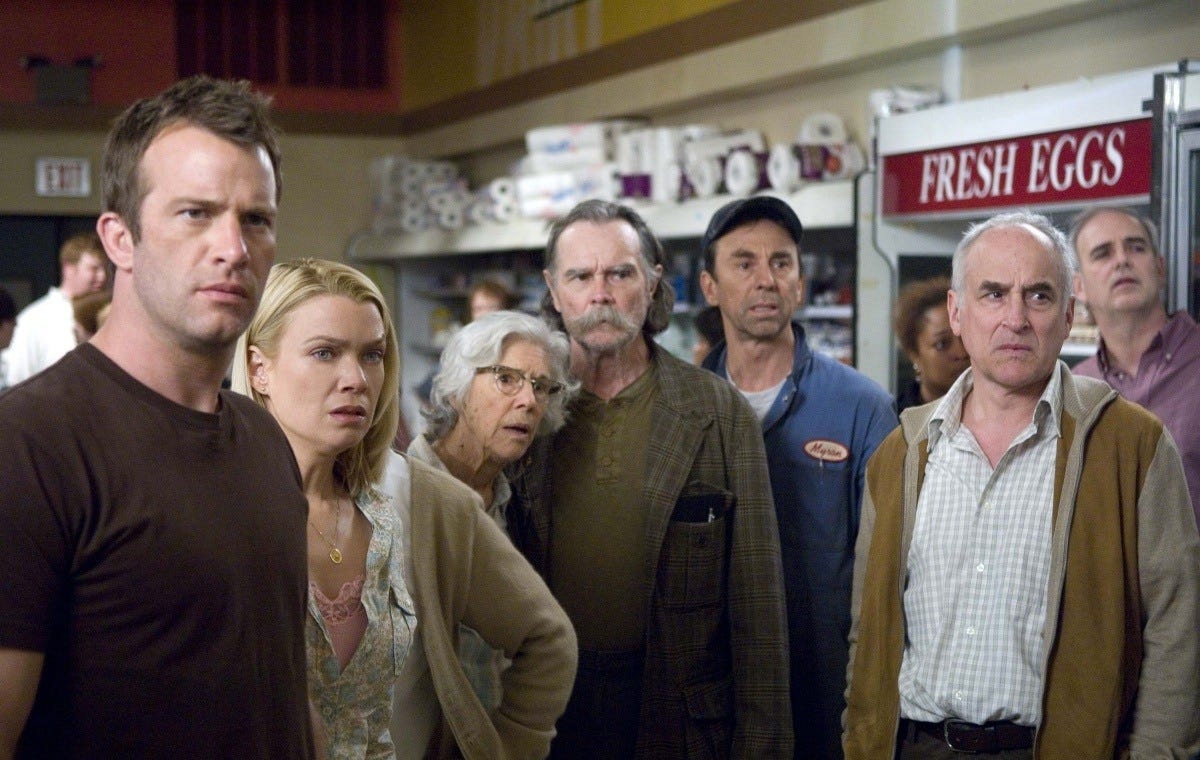
The Fallout and Legacy of What Could Have Been
The failed negotiation between Darabont and Lucasfilm is more than just a footnote in Hollywood history. It serves as a reminder of the complex interplay between creative vision and industry regulations. While fans can only speculate on what Darabont’s influence might have brought to The Phantom Menace, the incident underscores the importance of artistic integrity and loyalty—qualities that both Darabont and Lucas exhibited, albeit in markedly different contexts.
In conclusion, while the collaboration between Frank Darabont and George Lucas never materialized, the story of their almost partnership offers invaluable insights into the challenges and ethical considerations in film production. It is a compelling chapter in the saga of Star Wars and a testament to the enduring spirit of creativity and principle in Hollywood.
